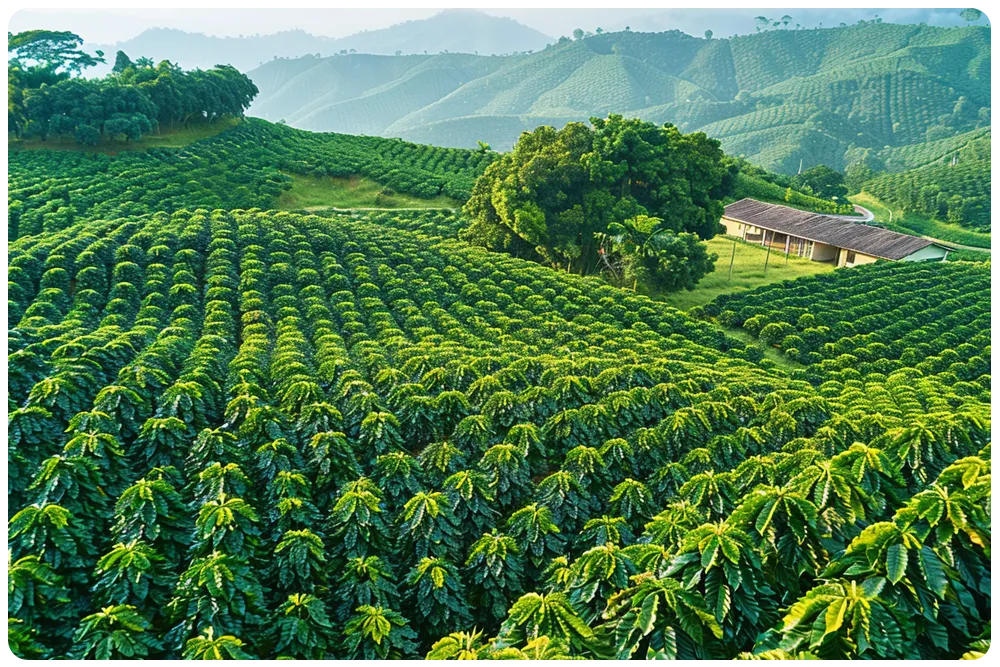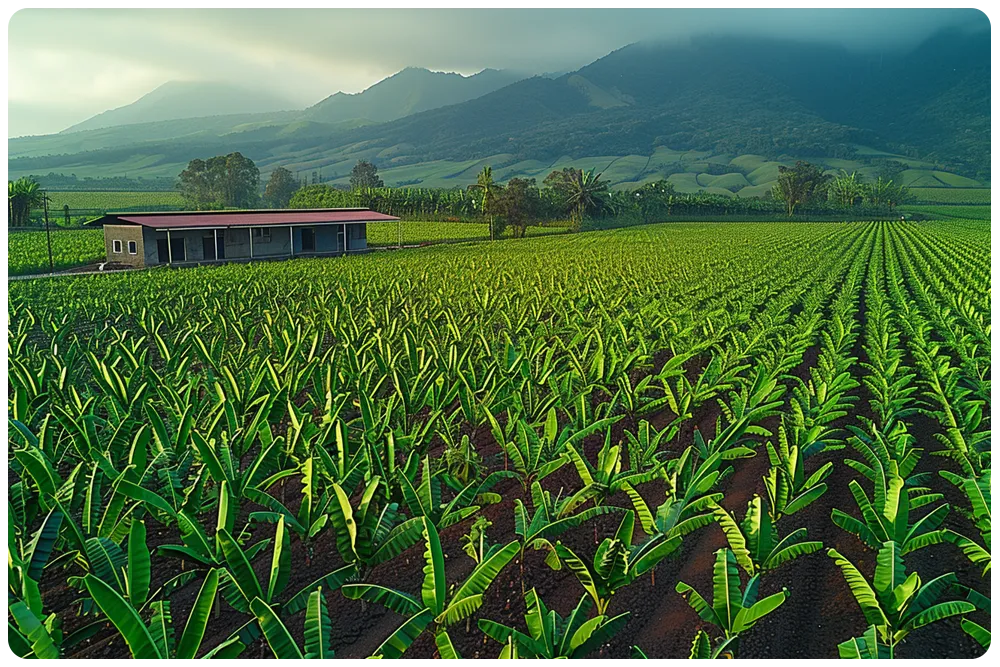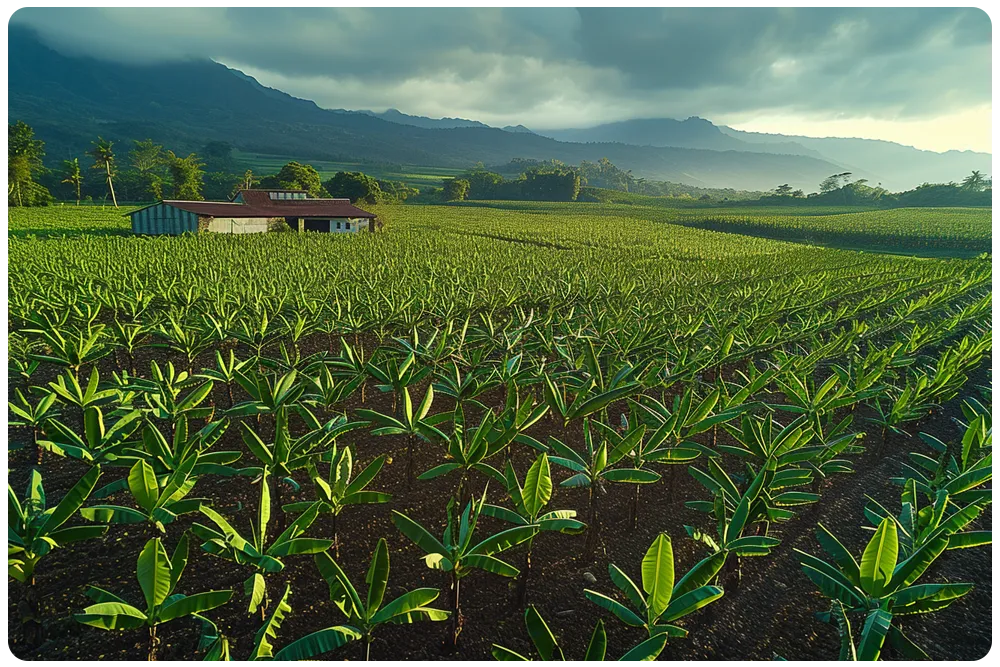Discover how drone technology revolutionizes farming. Learn how farmers leverage these advanced tools for optimized crop production, smart farm management, and reduced costs.
Welcome to Drone Farm
We offer a comprehensive range of agricultural drone services. With years of experience, we’ve harnessed our expertise to deliver high-quality services to our clients. Our team provides full support at every stage. Choose us for top-tier Drone Farming experiences!

Contents
- 1. How can drones increase farm efficiency?
- 2. Drones assist in cost-effective crop monitoring
- 3. Can drones improve crop yield estimations?
- 4. Efficient farming techniques with drones usage
- 5. Farming costs reduction through drone technology
- 6. Drones uncovering potentials in precision farming

1. How can drones increase farm efficiency?
Welcome to the realm of agricultural drone where innovative technology meets traditional farming. Here, we elucidate the myriad applications, farming strategies for farmers, and just how beneficial a drone can be in increasing farming efficiency.Farm Efficiency Optimization With Drones Drone technology has brought about a revolution in the agricultural sector. With a drone in the farming operation, efficiency is not just a potential but rather a tangible benefit. So, how exactly can a drone increase farm efficiency? Let’s delve into the details:
- Precision Agriculture: A drone equipped with sensing technologies allows farmers to monitor their crop with unreachable precision, swiftly detecting areas that may need attention. This decreases unnecessary use of resources and increases crop yield.
- Time-efficient Surveys: Gone are the days of manual field-walk-throughs. A drone can cover vast farmland in a fraction of the time, providing a swift and comprehensive overview of the farm.
- Crop Health Monitoring: One of the benefits that a drone engenders is early detection of crop illness. This capability can significantly diminish crop loss by enabling timely intervention.
- Irrigation Management: A drone is an invaluable asset in detecting irrigation inefficiencies. It can spot overwatered or parched areas and assist in optimizing water resource use.
- Data Collection and Analysis: The ability of a drone to gather and analyze data is revolutionizing farming decisions. With data-backed insights, farmers can create enhanced strategies to increase crop yields and reduce farming costs.
2. Drones assist in cost-effective crop monitoring
Drones Assist in Cost-Effective Crop Monitoring
Welcome to our comprehensive resource on the application of drones in agriculture. The use of a drone on a farm has the potential to significantly increase efficiency and crop yields, but one of the lesser-known benefits is its ability to help lower farming costs, particularly in the realm of crop monitoring.
Detailed Insights and Early Detection
Implementing drone technology into your farming practices enables a detailed overview of your crops. With high-resolution cameras and advanced mapping capabilities, a drone can swiftly scan and provide the farmer with a panoramic view of their fields. This not only saves time but also reduces the costs associated with manual crop inspection.
Moreover, a drone can detect plant diseases at early stages, thus reducing the impact of crop illness. The ability of the drone to spot unhealthy plants before the human eye can result in faster reaction times, minimizing the risk of crop loss and the cost of replacement.
Accurate Irrigation and Fertilization
Agricultural drones are capable of precise application of fertilizers and water. This not only maximizes the effectiveness of these crucial elements but also limits the wastage, significantly reducing the costs.
- Effective Fertilization: A drone can apply the precise amount of fertilizer where it is most needed. This minimizes waste, protects surrounding environment, and increases crop yield.
- Accurate Irrigation: Detailed inspection of fields by a drone helps in identifying dry areas needing more irrigation, thus optimizing water usage and decreasing waste.
Regular Updates and Predictive Analysis
Through regular updates and predictive analysis, a drone can assist in making informed farming decisions. By interpreting the data captured over time, farmers can predict crop yields, plan harvests and adjust strategies accordingly, reducing costs and increasing efficiency.
As we delve further into the boundless possibilities of drone use in farming, the assurance of cost-effective crop management remains a promising detail among many. The future of agriculture undoubtedly includes smarter and sustainable farming practices, powered by drone technology.

3. Can drones improve crop yield estimations?
Welcome to the intricate world of agricultural drone technology. Understand how drone mechanization can morph the dynamics of farming by intensifying efficiency and escalating crop yields. Unearth how investing in this revolutionary tool can play a pivotal role in slashing your farming costs.
Presently, the question is, can a drone help improve crop yield predictions? The straight answer is a resounding ‘Yes.’ Here’s why –
- Accurate Survey: A drone provides a birds-eye view of your farm, capturing detailed images with precision. This data empowers farmers to estimate crop yields with higher accuracy.
- Real-time Data: Drone technology transmits real-time updates, enabling farmers to make adjustments on the go, which directly influences crop yield estimation.
- Spot Crop Disease: A drone can detect and notify the presence of crop disease early on. Timely intervention minimizes damage and results in better crop yield estimates.
- Efficient Farm Management: With drones, farmers can save time and resources, maximize their productivity, and anticipate better crop yields.
Farmers scheduling regular drone patrols across their lands can pick up on the most slight visual cues of crop distress. This technology allows them to preemptively strike against potential crop diseases and pests. The subsequent insight can be leveraged to strategize an effective action plan – from deciding the best time for plant treatment to determining the optimal schedule for irrigation. At the end of the day, these measures significantly underpin the credibility of crop yield estimates.
Agricultural drones herald a new era of farming by integrating innovative solutions for old problems. While this venture might seem hefty on the wallet, the long-term returns on these investments are solid. Lower costs, better yield predictions, efficient farm management – all these benefits and more constitute the dynamic realm of drone agriculture technology.
4. Efficient farming techniques with drones usage
Welcome to the enlightening world of agricultural drone technology! Our aim is to familiarize you with the many benefits and applications that a drone has in farming, ultimately elevating your farming practices to the pinnacle of efficiency and productivity.
Agriculture, an industry integral to our survival, has seen a transformation with the advent of drone technology. By using a drone, farmers have been able to reap the benefits of increased efficiency and optimal crop yields in several remarkable ways. Here are some of the prime benefits:
- Farm Management: By using a drone, farmers are able to digitally map out their fields, allowing them to manage their land more effectively. It aids in planning irrigation systems, keeping a check on weed infestations, and even monitoring animal herds.
- Crop Monitoring: Through aerial surveillance, a drone can cover vast expanses of land in a shorter period of time. The drone is able to capture real-time images and data which helps farmers in surveillance of crop growth, detection of crop diseases, and effectively planning harvest periods.
- Precision Agriculture: The drone’s ability to provide real-time data aids in precision farming, a practice that involves applying the right quantity of inputs like water, fertilizer, and pesticides at the right time, increasing overall crop yields and reducing wastage.
- Reduced Operation Costs: With a drone handling many essential tasks, there is significant cost saving in overall farming operations. It eliminates the need for expensive machinery or manpower for tasks like land mapping or surveillance.
Implementing drone technology into your farming routine isn’t rocket science. Here are the steps you can follow:
- Understand the local regulations related to drone usage in agriculture.
- Choose an agricultural drone that suits your farming needs.
- Learn how to operate the drone and interpret the data it collects.
- Apply the insights you gain to optimize your farming practices.
Aerial surveillance technology like a drone can revolutionize how we approach farming. By leveraging the power of drone technology, we can drastically enhance the efficiency of crop production, effectively manage farmland, and minimize the impact of crop illnesses. The potential for growth and innovation in agriculture is truly vast!


5. Farming costs reduction through drone technology
Welcome to our comprehensive platform focusing on agricultural drone technology and its significant impact on farming activities. Discover how drone technology grants farmers an array of benefits including efficient crop management, productivity increment, and cost reduction in various agricultural operations.Farming costs reductionThe implementation of drone technology in farming activities facilitates an efficient resource allocation which decreases operational costs significantly. Here are a few ways how:1. Efficient Monitoring: Farm monitoring can be both labor-intensive and expensive. A drone allows a farmer to survey a large area in a short period of time, thereby minimizing the time and effort required for regular supervision. 2. Precision Agriculture: By utilizing drone-mounted sensors, farmers can measure important parameters like soil moisture and crop health. This data allows them to apply resources such as water, pesticides, and fertilizers where they’re needed most, avoiding wastage and reducing costs.3. Data Collection & Analysis: Advanced drones are capable of collecting high-quality data with precision. This data facilitates the farmer in making informed decisions, optimizing yields, and minimizing losses.4. Disease & Pest Identification: Drones can detect crop illness in the early stages, allowing prompt action to prevent large-scale infection. Early detection also minimizes costs associated with disease management and loss of yield.Crop Yields Increase & Efficiency AugmentationEfficient farm management through drone technology not only reduces costs but also leads to an increase in crop yields. Drone technology ensures optimal resource utilization, promotes healthy plant growth, and maximizes harvest yield.The agricultural drone is a perfect tool to enable farmers to survey their land with speed and accuracy, swiftly identify potential issues, and take preventative measures to ensure a healthy and plentiful crop yield. Overall, adopting drone technology can massively improve a farm’s efficiency and output while decreasing operational costs.
6. Drones uncovering potentials in precision farming
Welcome to our enlightening resource on drone technology in agriculture. In this chapter, we delve into how a drone helps uncover the massive potential in precision farming – a frontier in agriculture that is reshaping farm management and increasing overall crop yields. We will also explore how strategically deploying a drone can significantly reduce farming costs.Precision farming involves leveraging advanced technology to monitor and optimize crop yields. Enter the farming drone, which continues to revolutionize the landscape of agriculture. Notably, the drone provides detailed, bird’s eye view imagery of farmlands, enabling farm managers to make data-driven decisions about their crops. Furthermore, the drone reveals significant information like crop stress, plant health, and hydration levels. This, in turn, allows farmers to address problems promptly, minimizing crop losses and enhancing output while also fostering better farm management.Consider the value of aerial observation: A drone provides a vantage point that was previously inaccessible for most farmers – an unobstructed, comprehensive view of their entire field. With drones, farmers can now conduct regular, thorough inspections of their landscapes, spotting potential issues long before they become full-scale problems. Examples of these problems could include spotting signs of crop diseases or pest infestations early on, enabling more targeted and efficient interventions.Another quintessential advantage of drone technology in precision agriculture is irrigation management. Drones equipped with thermal sensors can assess soil moisture levels effectively – an invaluable asset, particularly in arid regions prone to droughts. Consequently, farmers can apply water more efficiently, directing resources to areas that need it most and consequently reducing waste and enhancing crop yield.Lastly, the drone’s role in reducing farming costs cannot be overstated. By identifying areas of crop stress or detecting irrigation issues promptly, drones enable farmers to act swiftly, often eliminating the need for extensive (and expensive) full-field interventions.Starting to integrate drone technology on your farm? Here are some practical steps to get you going:
- Determine your primary farming pain point that drone technology could help address.
- Research and invest in a drone model that suits your agricultural needs.
- Understand and comply with local regulations on drone usage.
- Train yourself or designate someone to operate the drone.
- Regularly gather and analyze drone data for informed farming decisions.
